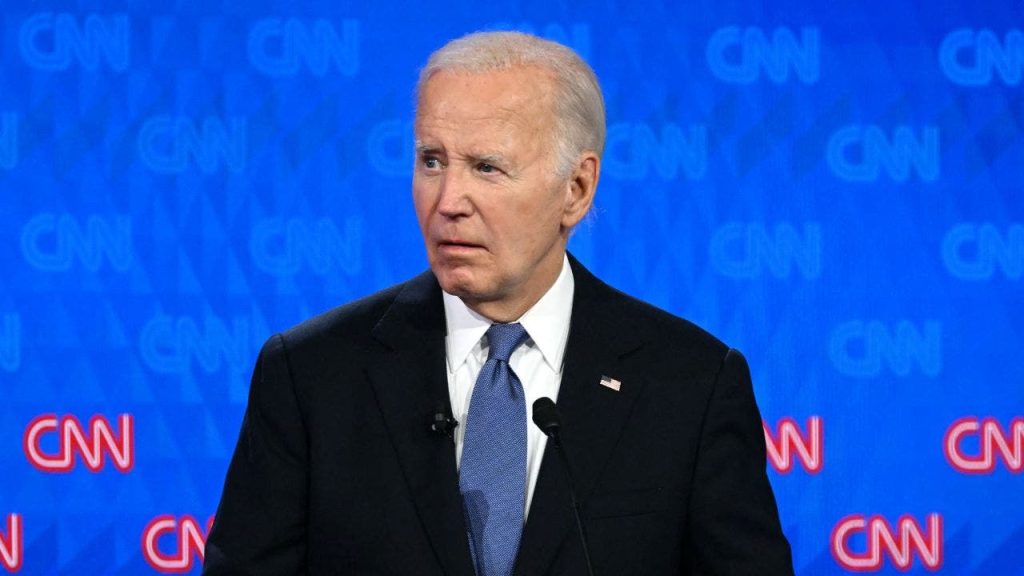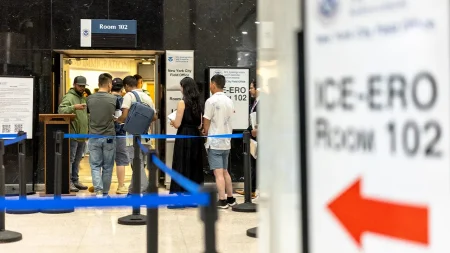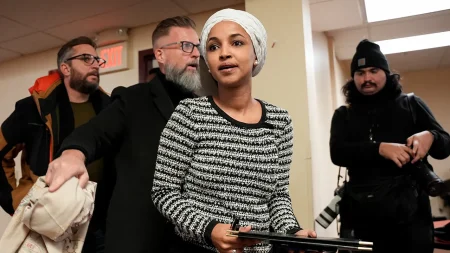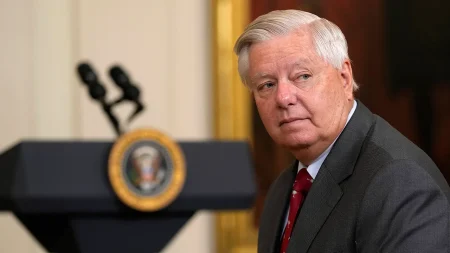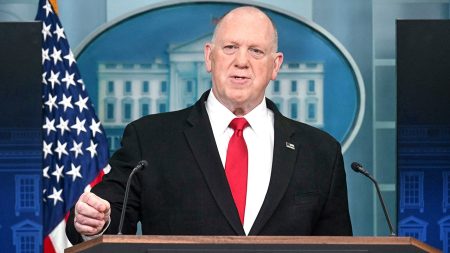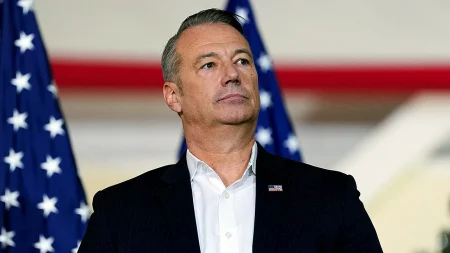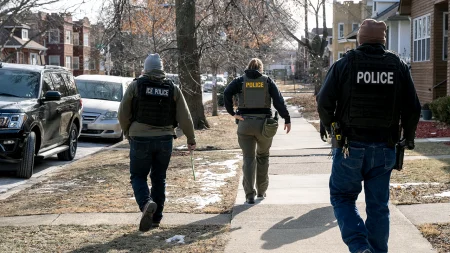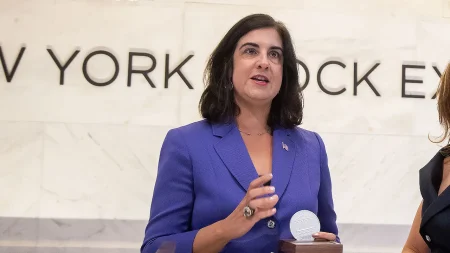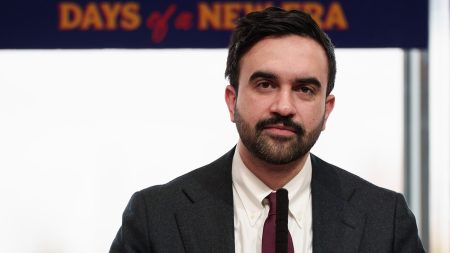The 2024 presidential election cycle was marked by a series of significant political gaffes that arguably influenced the outcome of the race. From President Biden’s disastrous debate performance to Vice President Harris’s perplexing responses and verbal stumbles, these missteps provided fodder for opponents and raised questions about the candidates’ fitness for office. These gaffes transcended mere verbal slips, often reflecting deeper strategic miscalculations and vulnerabilities within the campaigns. The cumulative effect of these errors contributed to a climate of uncertainty and distrust, ultimately impacting voter perceptions and potentially swaying the election’s trajectory.
President Biden’s debate performance against former President Trump in June 2024 was widely considered a turning point in the campaign. His hoarse voice, coupled with rambling and often incoherent answers, sparked widespread concern among Democrats and fueled doubts about his ability to effectively lead the country. The debate debacle became a defining moment, overshadowing Biden’s policy positions and achievements, and ultimately led to his withdrawal from the race just a month later. This unexpected turn of events thrust Vice President Kamala Harris into the spotlight, leaving her to navigate the challenging political landscape and face the formidable opponent, Donald Trump.
Adding fuel to the fire, Biden’s comment referring to Trump supporters as “garbage” just days before the election further alienated potential voters and served as a rallying cry for the Republican base. This remark, reminiscent of Hillary Clinton’s “basket of deplorables” comment in 2016, highlighted the deep divisions within the electorate and reinforced negative perceptions of the Democratic candidate. While Biden and his team attempted to clarify the statement, the damage was done, and the gaffe was widely perceived as a major misstep in the closing days of the campaign. The incident underscored the importance of carefully chosen language in the highly charged political arena and the potential for seemingly offhand remarks to have lasting consequences.
Vice President Harris also faced her share of challenges during the campaign. Her response to a question on “The View” regarding potential differences in her approach compared to President Biden was widely criticized as a missed opportunity to distinguish herself and her vision for the country. By stating that nothing came to mind regarding alternative approaches, Harris inadvertently reinforced the perception that she was inextricably linked to the Biden administration’s policies, both popular and unpopular. This response allowed the Trump campaign to effectively tie Harris to the incumbent administration’s perceived shortcomings, hindering her ability to effectively present herself as a fresh alternative.
Further complicating Harris’s campaign was her running mate, Tim Walz, whose comment about becoming “friends with school shooters” during the vice presidential debate generated significant controversy. Although Walz clarified that he meant he had befriended parents of school shooting victims, the initial phrasing was jarring and insensitive, drawing criticism from across the political spectrum. This verbal stumble, though unintentional, distracted from the campaign’s message and provided ammunition for opponents to question the ticket’s judgment and communication skills. The incident highlighted the critical importance of precision and clarity in political discourse, especially when addressing sensitive and emotionally charged issues.
Donald Trump, despite his return to the political arena, also contributed to the year’s collection of notable gaffes. His confusion of Nikki Haley with Nancy Pelosi during a New Hampshire rally, mistakenly attributing Haley’s role in the January 6th Capitol Hill security failure, demonstrated a lack of focus and attention to detail. While such slips of the tongue are not uncommon in the frenetic pace of political campaigning, this particular instance highlighted Trump’s tendency to improvise and deviate from prepared remarks, often leading to factual inaccuracies and mischaracterizations. This gaffe, though perhaps unintentional, underscored the ongoing debate surrounding Trump’s communication style and his propensity for making unsubstantiated claims.
Finally, Kamala Harris’s repeated instances of delivering confusing and disjointed statements, often dubbed “word salads,” further contributed to the perception of her as unprepared and lacking in clarity. These verbal stumbles, which occurred throughout the campaign, provided ample material for critics and fueled doubts about her ability to effectively articulate her policy positions and vision for the country. While such verbal missteps can be attributed to the pressures of campaigning, they nonetheless undermined Harris’s efforts to project an image of competence and leadership. These gaffes, taken together, painted a picture of a campaign struggling to effectively communicate its message and connect with voters.





